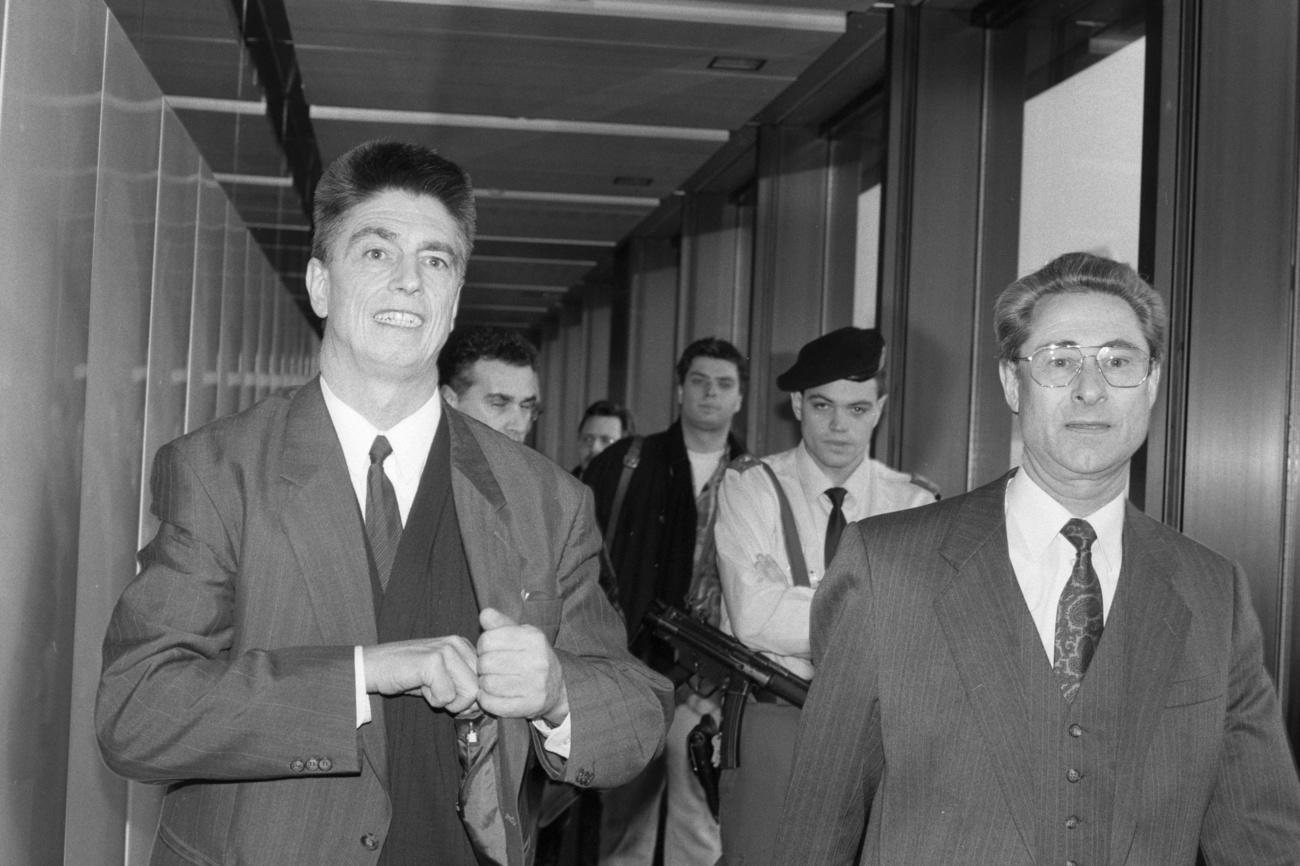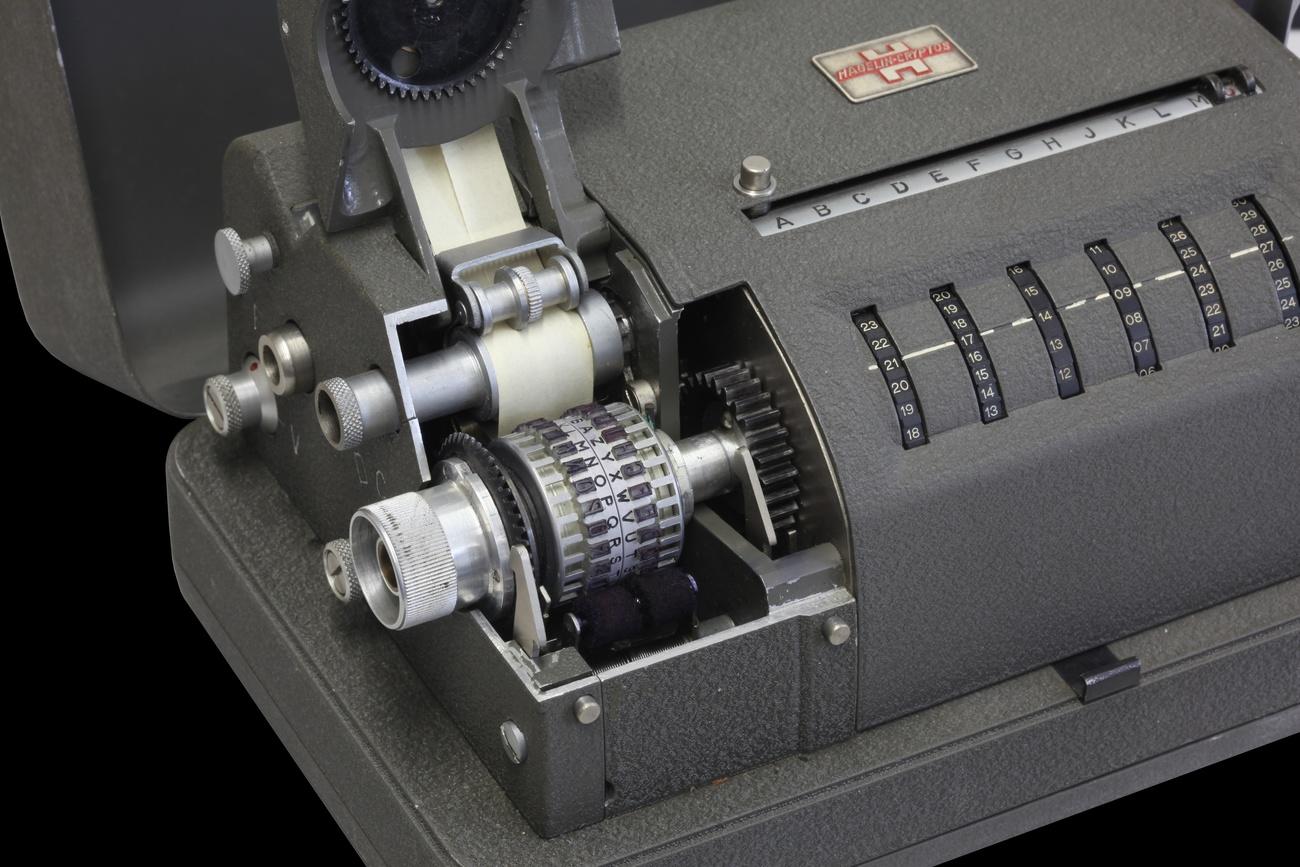
Crypto investigator needs permission to view files

The man tasked with investigating the Crypto spying affair for the Swiss government doesn’t have direct access to all the relevant documents.
Niklaus Oberholzer, formerly a federal judge, must ask the federal authorities whenever he wants to access sensitive files.
The Federal Council (executive branch), which appointed Oberholzer, wants the facts to be investigated with the “greatest possible transparency”. But as newspaper NZZ am Sonntag reported on Sunday, there are still legal restrictions.
“The provisions of the federal law on archiving must be respected and the release of the files must be examined on a case-by-case basis,” states a confidential Federal Council document obtained by the newspaper. The policy applies especially to documents “which are subject to a retention period due to particularly sensitive personal data”.
Like any federal archive user, Oberholzer must submit requests to see files, the Swiss Federal ArchivesExternal link told the newspaper. Permission is granted not by archives staff, but rather by the units where the documents originated. Secret service files, for example, would have to be cleared by the secret service.
‘Disappointed and poorly informed’
In another Crypto-related story in the Sonntagszeitung newspaper, the daughter of a former Crypto employee describes how her father was accused of spying and sent to an Iranian military prison during a business trip in 1992.
Hans Bühler was an engineer and salesman for the encryption device firm. After his arrest, the Federal Department of Foreign Affairs was not particularly helpful, as Chris Blumer told the newspaper.
“We were disappointed and felt poorly informed. They kept advising us to get our own lawyer to help set my father free,” Blumer said, adding that her father had not known that the devices were being tampered with to commit espionage. When Iran demanded and received ransom money, her family initially thought that Crypto had paid.
“Today we know that it was the German secret service. Germany didn’t want any fuss,” she said in the interview. Her father finally came home nearly a year later, gaunt and traumatized. Crypto terminated his contract, and he was the first person to publicly suggest that Crypto devices might have been manipulated.
Crypto later paid him CHF250,000 ($207,000 in 1996) in exchange for silence, Blumer told the newspaper.

More
How can Switzerland get answers on the Crypto affair?

In compliance with the JTI standards
More: SWI swissinfo.ch certified by the Journalism Trust Initiative






























You can find an overview of ongoing debates with our journalists here . Please join us!
If you want to start a conversation about a topic raised in this article or want to report factual errors, email us at english@swissinfo.ch.